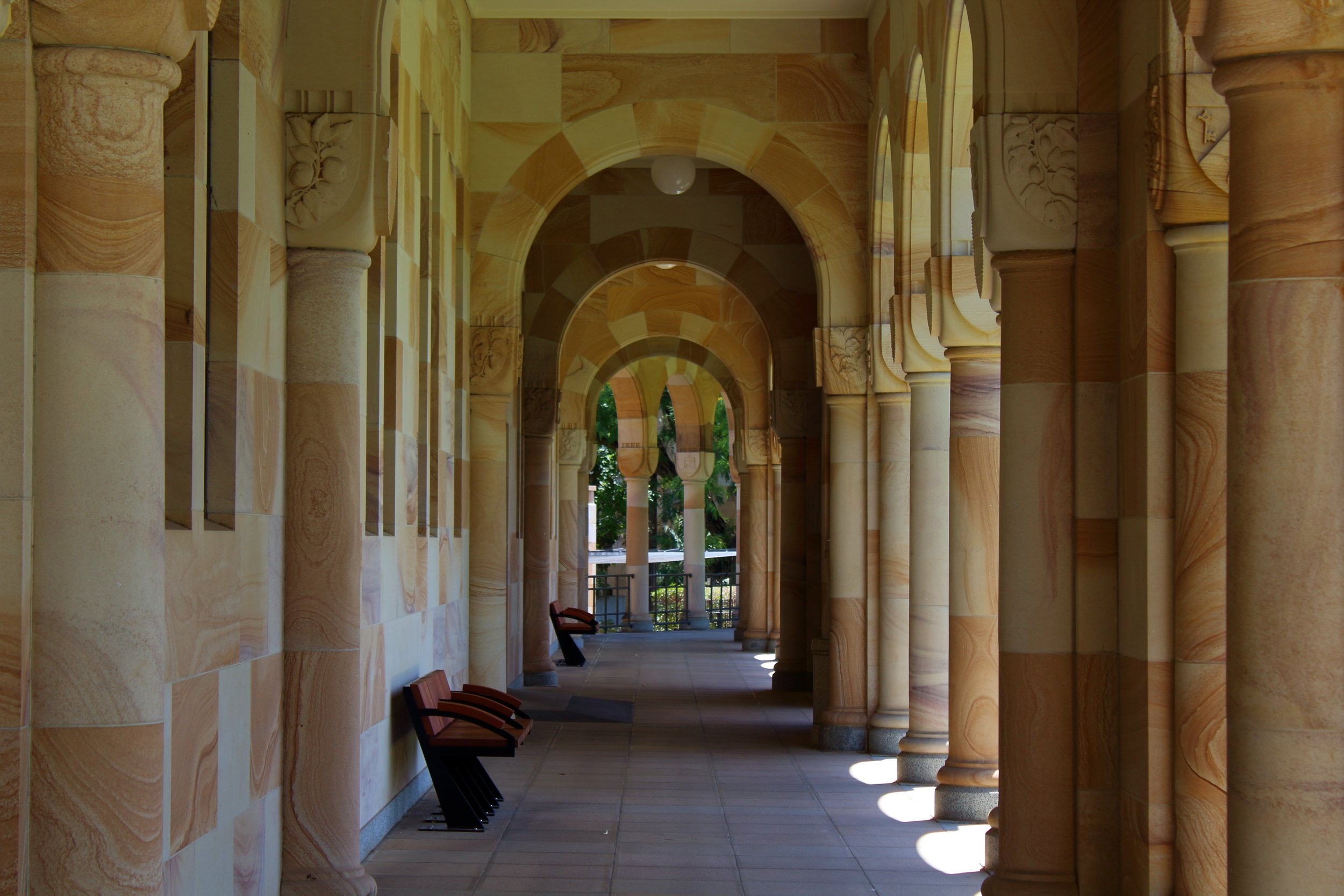
Safety and Justice Challenge
Research Consortium
What It Is:
In May 2015, the John D. and Catherine T. MacArthur Foundation (Foundation) launched the Safety and Justice Challenge (SJC), a national effort to reduce the overuse of jails across the country. In large part, this has been done through grants awarded to more than 50 jurisdictions interested in reforming their criminal legal systems.
From its inception, the SJC has relied heavily on data to develop reform strategies and assess progress toward initiative goals across participating sites. Data are also used to develop research and lessons learned for the larger criminal legal field, as a way to advance fair and effective reform work on a broader scale. The SJC Research Consortium (Consortium) managed by CUNY ISLG was established in 2019 to develop and carry out research through a group of pre-qualified academic and research policy organizations. Since 2019, the Foundation has committed nearly $12 million towards Consortium activities and research projects. All research projects are developed and granted under independent review by a panel of academic, policy, and practice experts, including individuals with lived experience—the Research Review Committee (RRC)—with a focus on the following SJC research priority areas:
Effective strategies for jail population reduction
Understanding case processing and its impact on jail populations
Eliminating racial and ethnic disparities
Long-term implications of COVID-19 efforts for decarceration reform
Public safety implications of decarceration reform
Understanding criminal legal decision-making
The Experts:
Research Consortium
Consortium members are pre-qualified researchers that carry out Consortium research projects. Initially, the Consortium was comprised of a smaller group of organizations that were a part of the SJC network, partnering with SJC sites as technical assistance (TA) providers. Since then, it has grown to include a wider range of research organizations that have substantive and methodological expertise aligned with SJC goals, objectives, and research priorities. CUNY ISLG, the Foundation, the RRC, and the SJC Advisory Board weigh in on potential organizations to be invited through a targeted Invitations for Applications process, considering factors such as diversity in geography and areas of expertise. Applications are then submitted, reviewed by the RRC, and a membership decision is made based on several factors, including research capacity and experience. The goal is to vet these organizations at this earlier phase to streamline the proposal granting process on the back end to provide timely information for the broader field. Current Consortium members include:
Arizona State University
Center for Justice Innovation
Data Collaborative for Justice
Florida State University
Florida International University
Justice Management Institute
Justice System Partners
Loyola University—Chicago
Policy Research Associates
Portland State University
Rutgers University—Newark
Texas Southern University
University of California, Berkeley—California Policy Lab
University of Minnesota—Robina Institute
University of Missouri—St. Louis
Urban Institute
Vera Institute of Justice
Wellbeing and Equity Innovations
Research Review Committee
The independent RRC is a select group of researcher, practitioners, and people with lived experience who serve as expert and objective reviewers evaluating proposals, making membership and funding decisions, providing feedback on final reports and products prior to publication, and weighing in on project development priorities and overarching Consortium strategy. The RRC also provides appropriate quality control mechanisms to ensure research integrity. To assemble the committee, CUNY ISLG—in partnership with the Foundation and SJC Advisory Board—identified a list of individuals across the country that had expertise aligned with SJC research priorities and represented diverse perspectives from various criminal legal sectors. Current RRC members include:
Kwan-Lamar Blount-Hill, Arizona State University
Mia Bird, University of California, Berkeley
Hernan Carvente-Martinez, Alianza for Youth Justice
Ronald Day, Fortune Society
Gregory Dillon, Brazoria County, TX, Community Supervision and Corrections Department
Wakumi Douglas, S.O.U.L. Sisters
Christopher Fisher, Police Executive Research Forum
Ingrid Gustafson, Montana State Supreme Court
David Harris, University of Pittsburgh Law
James Lynch, University of Maryland
Karin Martin, University of Washington
Thomas Reed, Wisconsin State Public Defender
Stanley Richards, Fortune Society and former First Deputy Commissioner at NYC Department of Correction
Nancy Rodriguez, University of California, Irvine
Ebony Ruhland, Rutgers University
Sukhmani Singh, University of Connecticut
Cassia Spohn, Arizona State University
John Vespucci, law enforcement officer and policing consultant
Current and Past Research:
Since its launch in 2019, 16 Consortium projects have been awarded. Projects include single-site and multi-site examinations of specific jail reduction strategies and issues of importance to the SJC, including racial and ethnic disparities.
